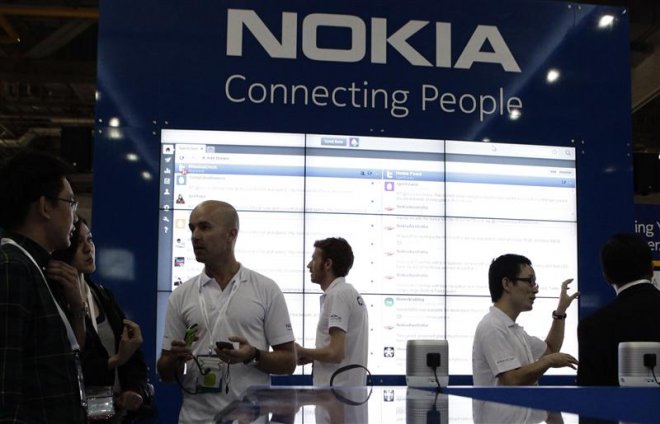
Taking a reversal move, Nokia has ultimately planned to streamline its developments around virtual reality (VR) and sharpen the focus of Nokia Technologies on digital health. The new announcement has brought the closure of the OZO VR camera line that was debuted in November 2015 for a whopping price of US$60,000.
As a result of streamlining the VR developments, Nokia is laying off up to 310 of the total of nearly 1090 employees from the Nokia Technologies unit, mainly based in Finland, the US and UK. "Nokia Technologies is at a point where, with the right focus and investments, we can meaningfully grow our footprint in the digital health market, and we must seize that opportunity," said Gregory Lee, president of Nokia Technologies, in a statement.
The reason for the latest decision is stated to be the "slower-than-expected" development of the VR market. Nokia Technologies, the division that develops and licenses technologies under imaging, sensing, wireless connectivity, power management, and materials, has additionally decided to halt the development of future OZO VR camera and hardware.
Also read: Google announces sweet little GoPro competitor with AI
Following the launch of the Nokia N1 tablet as its first product, Nokia Technologies unveiled the OZO camera in July 2015. The device was aimed at professional content creators and included technologies such as eight syncronised shutter sensors and eight microphones to capture 360-degree videos with spatial audio.
Past transformation driving new decision
Since the VR camera was originally criticised for its steep price, the company announced a price drop of US$15,000 and brought it to as low as US$45,000 (approximately SG$61,000). However, that development didn't result in any success.
In May 2016, Nokia Technologies got expanded with a specific Digital Health unit and acquired French fitness device maker Withings. The acquisition deal would help the Finnish giant bring new digital health-focused developments in the coming future.
Growth potential of VR
Although Nokia has decided to switch its efforts to digital health, VR still has great potential. Companies like Google and Facebook are investing thousands of dollars to enhance the immersive experience. Likewise, analysts believe a huge growth of VR technologies.
According to a recent report by IDC, headsets designed for VR and AR (augmented reality) experiences are expected to hit 100 million by 2021. A Gartner report in 2016 predicted that hardware for virtualised experience would reach the benchmark of 6.3 million units in 2017.









